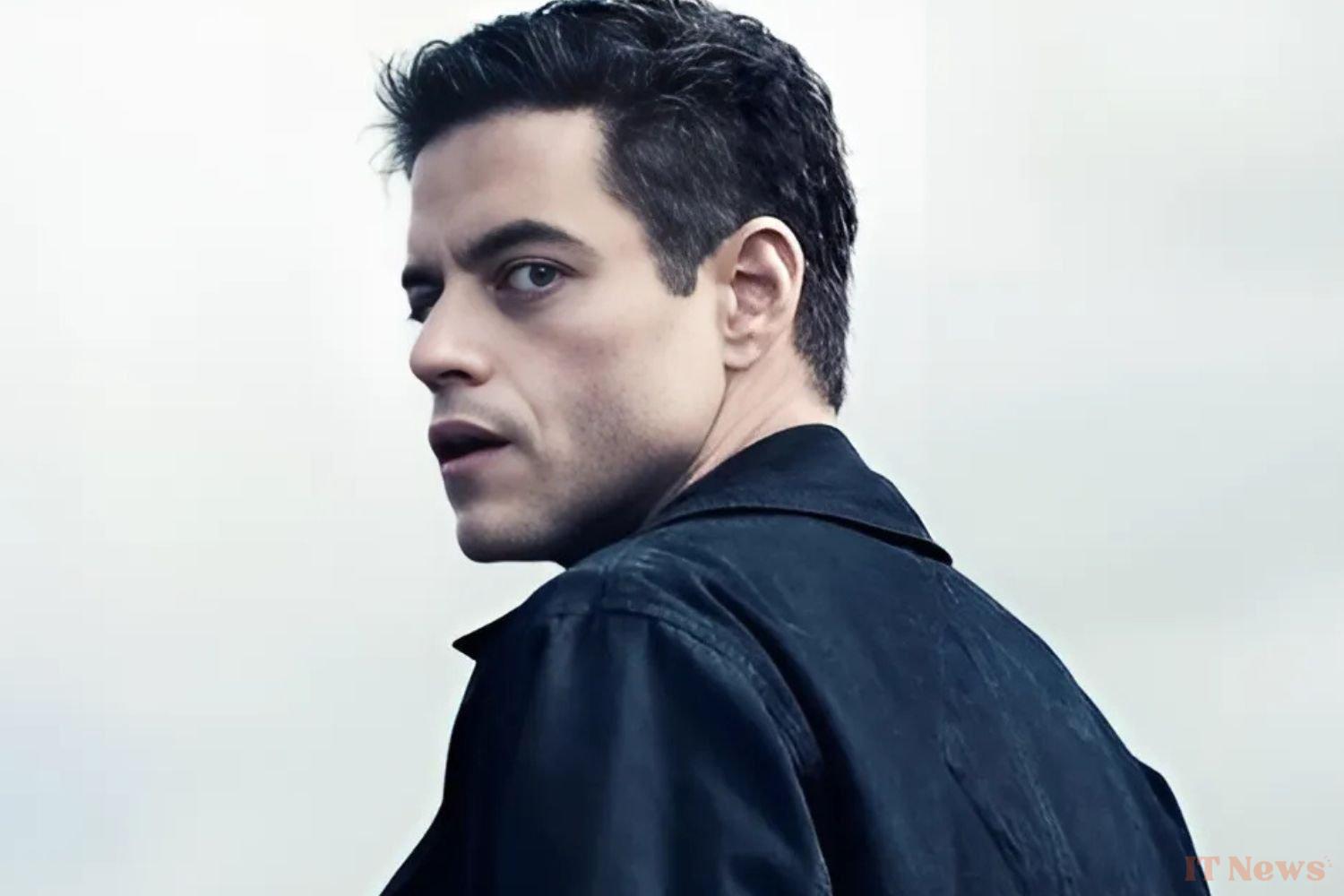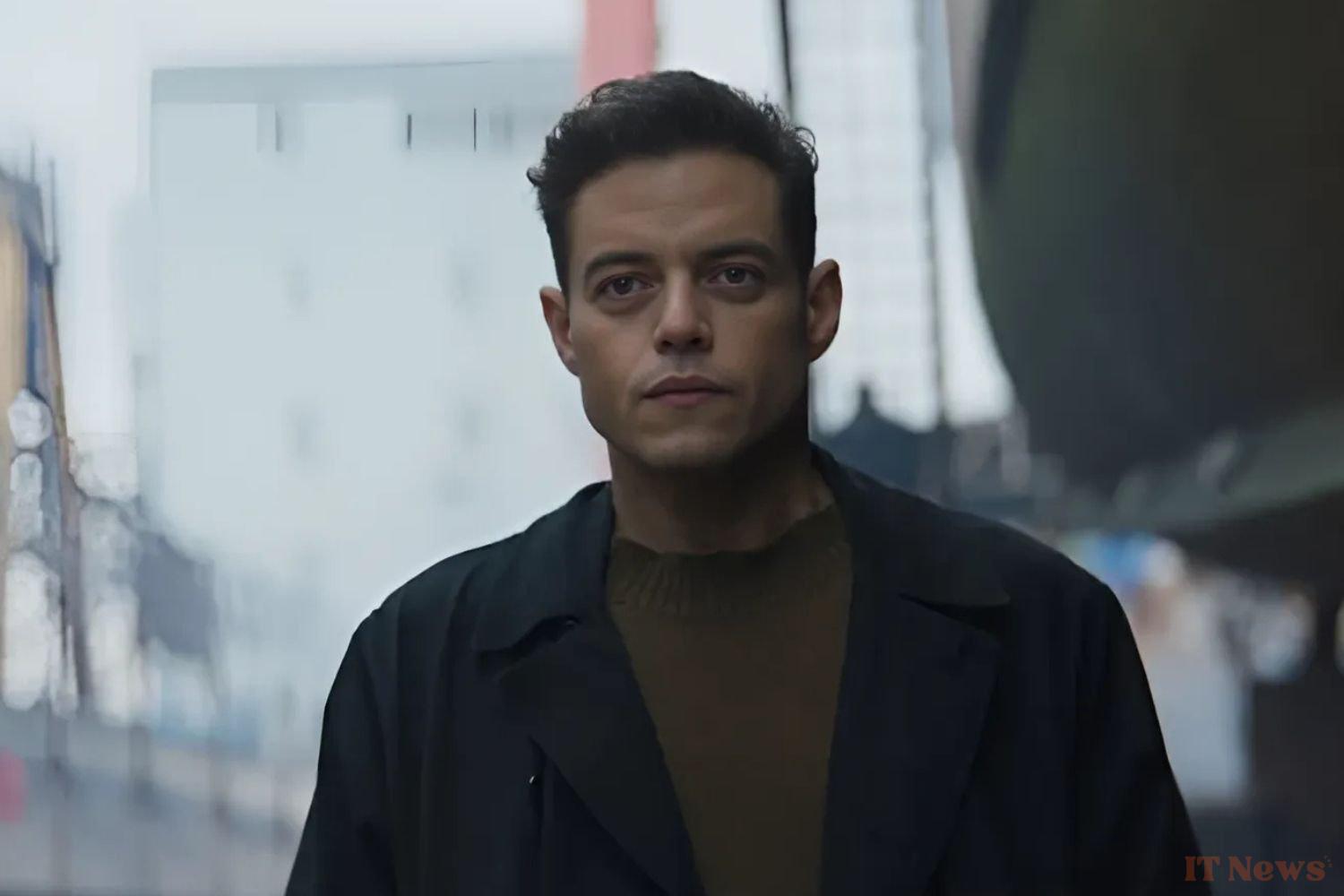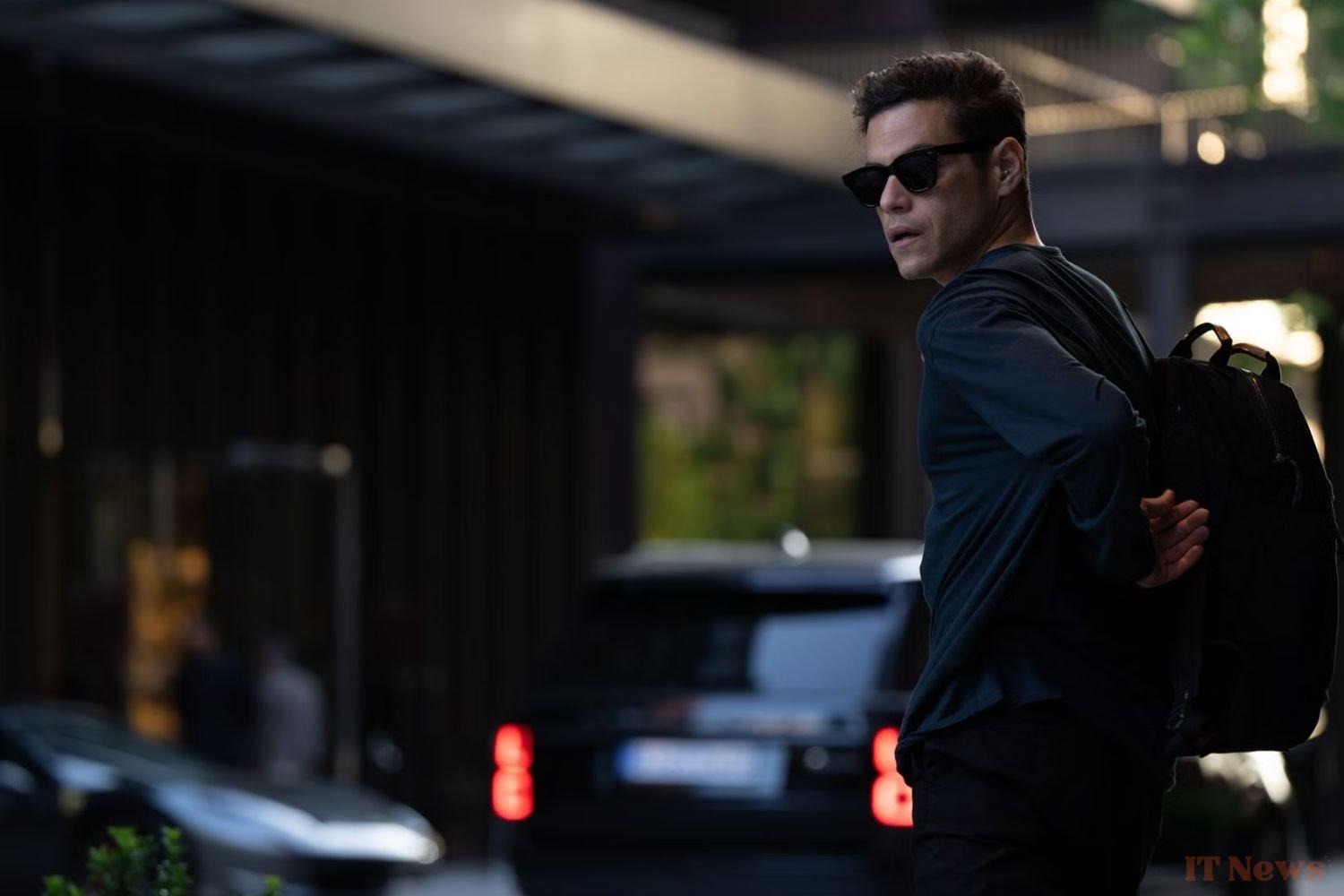It's not uncommon to hear that cinema has become an expensive pastime, and it's up to the public to choose the films that will thrill them in a dark room. Blockbuster or not, it's important that the viewer gets their money's worth, especially with the fierce competition from streaming platforms. Ideally, at least. Because in reality, there are countless productions that simply seek to slip their hand directly into your wallet, regardless of the quality of the said product. Minecraft, if you're reading this.
This is to say that there are also sometimes feature films that we would have preferred to see made their mark in a platform's catalog, rather than taking the risky gamble of the big screen, where the return on investment is much more difficult. We can't bet on the success or failure of The Amateur at the box office, and we would always advise you to give a film a chance in the cinema (except In The Lost Lands), but when the end credits roll, the question is inevitable: does it really have a chance of shining in a dark room?
Charlie Heller (Rami Malek) is a A CIA cryptographer trapped on the fifth basement floor of Langley, far from the theater of operations. An introvert, he leads a quiet life with his wife (Rachel Brosnahan, later Lois Lane) until the day she is the collateral victim of a bombing in London. Faced with a hierarchy that refuses to act, Heller uses his intelligence to track down the culprits. Despite little field training, he goes against his superiors and begins his own quest for revenge across Europe. The Bourne Ultimatum is appreciated for its less conventional approach to action cinema. You could say it's all in the title. Charlie Heller is the personification of the average Joe who rarely sees the light of day, stuck behind his screen every day. In this case, the choice of Rami Malek is obvious, as the actor is not imposing and comes across more as an anti-hero, or even a villain, like in the last James Bond. On paper, his mission has no chance of success. Two scenes with Jon Bernthal, an actor used to adrenaline, playing a field agent, are enough to highlight the major difference in confidence and physique that separates them.
Carried by this atypical protagonist, the film will not accumulate the clichés of the genre where a Jason Statham would pile up the extras like in The Mikado. Heller is a cerebral man, and his mission is above all a way to face his grief and reaffirm himself, to exist again without his other half. The Amateur does not want to string together crazy sequences, but to encourage reflection while using the codes specific to action cinema. Shootouts, car chases, explosions, fights... the repertoire is all there, in the hands of a man who doesn't know how to act and react. The appeal of The Amateur isn't its muscular side, it's in its human side.
A big screen that's a little too big
There's no shortage of examples of series that today want to play on the cinematic terrain, with episodes often presented as mini-films. Where the line between the two formats was once marked, television productions have tended to borrow from long formats, to the point of simply having the impression of a film cut into several pieces. The failure of The Amateur is to be the exact opposite. We are faced with a cinematic work that seems to scream at us its desire to be re-edited into six or eight one-hour episodes.
The artistic direction exudes a desire for the other format with sequences visibly designed to last longer, but caught up in the need to move the story forward. The entire story seems to want to go beyond the frame with scenes calling for a longer exploration around the characters. A widow eager to feel human warmth again, a director struggling to control her agency, there are many examples between the unspoken words and the unshown images, as if interrupted. The Amateur is an accumulation of sketches within a production without great ambition.
This gives an impression of narrative generosity hampered by multiple script shortcuts, such as training dispatched in the blink of an eye, an elaborate plan whose development is barely detectable, characters who teleport, and Jon Bernthal who barely needed more than a day of shooting for his scenes. The last half hour begins and we have the feeling that we are only at the beginning of the story. The resolution comes out of the blue, because it does not seem obvious at this point in the plot, but simply necessary. There had to be a punchline at the end of the joke.
The Amateur is the answer given to all those who wonder why Mr. Robot lasted 45 episodes, The Night Agent 10 episodes (for season 1) or even the 10 episodes of The Day of the Jackal. We simply cannot say who is more frustrated by the situation: the viewer, director James Hawes, screenwriters Ken Nolan and Gary Spinelli, or editor Jonathan Amos.
Amateur thriller
Especially since while we congratulate the film, inspired by Robert Littel's novel, for wanting to redefine the figure of the hero of the spy feature film, we should not overlook the overall construction of the story. While, in terms of action, we avoid stereotypes, as far as the thriller is concerned, we are right in the middle of it, both feet first. No element of the plot will upset our conception of the genre with the classic, obligatory passages. A forgivable phenomenon since we also know that the thriller tends to make up for this flaw with its atmosphere and the construction of the characters. Except that concerning the latter, this is precisely the problem highlighted a little earlier. The Amateur started with the best intentions in the world, and then there was the execution... When we told you that it was all in the title.





0 Comments